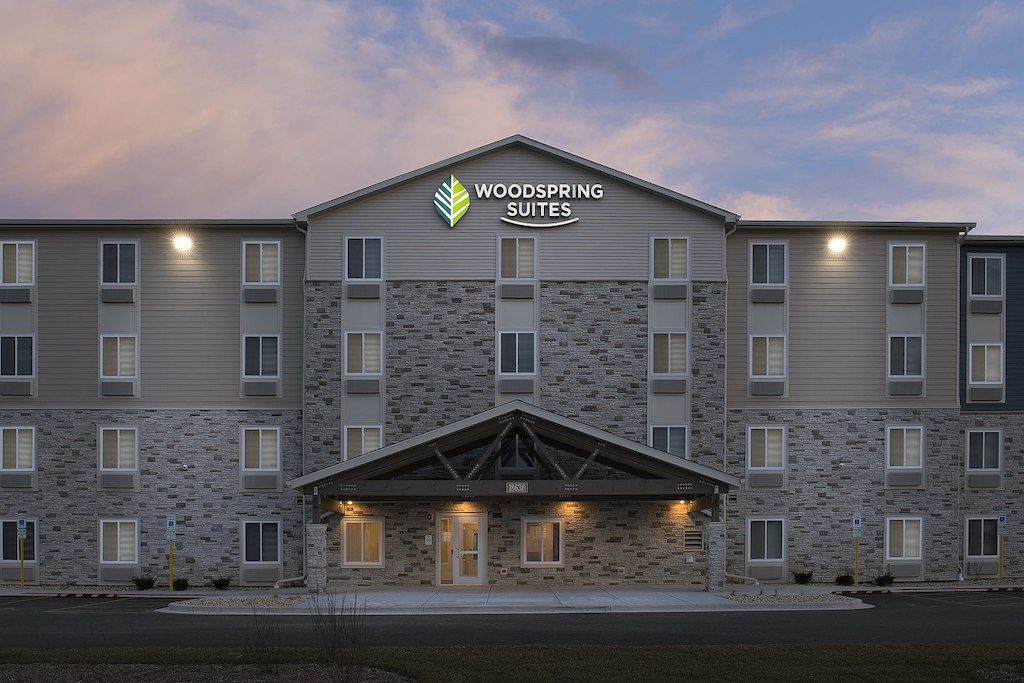Choice Hotels Expects Brand Conversions and Extended Stay to Fuel Post-Pandemic Growth

Skift Take
Executives at Choice Hotels think they have the winning portfolio formula to excel at the growth strategy most major hotel brands are planning for the coronavirus recovery.
Leadership at global hotel brands like Marriott, Wyndham, and Hyatt all agreed on a single post-pandemic business strategy during their respective earnings calls over the last week: Build by brand conversion. With the construction lending environment for hotels on ice during coronavirus, converting an existing hotel to one of a brand’s many flags is likely the leading source of growth during the downturn. But Choice Hotels thinks its focus on leisure travel and, more recently, extended stay brands give it the best start in the brand conversion race.
“While we do expect new franchise agreements to be lower than last year, we do see development opportunities on the horizon,” Choice Hotels President and CEO Patrick Pacious said Monday during a first quarter earnings call. “We’re growing at a faster rate through increased conversions.”
Get the Latest on Coronavirus and the Travel Industry on Skift's Liveblog
Of the nearly 60 new franchise agreements Choice Hotels awarded in the first quarter, 42 were brand conversions, Pacious said. The company anticipates further brand conversions given the sectors it operates. Almost 90 percent of Choice’s domestic U.S. portfolio is in suburban, small-town, or roadside locations. Two-thirds of the company’s business come from leisure travel, positioning the company well if forecasts that drive-to and leisure travel will rebound the quickest pan out.
“Since we serve mainly domestic travelers, we’re insulated from the precipitous drop in international travel,” Pacious said.
The company also anticipates strength in the ongoing downturn in travel due to its increased focus on the extended stay sector, the strongest performer during the coronavirus crisis.
Choice Hotels’ WoodspringSuites brand maintained a 72 percent occupancy rate in March while the company’s overall extended stay portfolio, which also includes MainStay Suites and Suburban Extended Stay Hotel, held a 69 percent occupancy rate. Choice launched a new extended stay brand, Everhome Suites, earlier this year. The U.S. hotel industry average occupancy was 42 percent for the month, according to STR.
“Our strategic focus on the cycle-resistant extended stay segment and focus to grow our WoodSpring Suites brand afforded us a competitive advantage as the crisis unfolded to capitalize on demand for longer-term stays,” Pacious said.
Dealing With the Present
Choice Hotels still has to deal with a low occupancy environment like any other hotel brand.
Domestic U.S. revenue per room, or RevPAR, declined 15 percent in the first quarter. The second quarter is already off to a rough start, with domestic RevPAR down 60 percent in April.
Choice Hotels posted a nearly $56 million profit, and 97 percent of its nearly 7,100 hotels – many of which are affordable, select-service brands – around the world remain open.
“We attribute this performance to long-term strategy of growing the right brands in the right segments in the right location,” Pacious said.
The company took precautionary measures to weather the downturn. Executive compensation has been reduced, more than 20 percent of Choice’s workforce has been furloughed or laid off, and capital expenditures have been eliminated or deferred. Choice Hotels has also temporarily suspended stock buybacks and dividend payouts. The company has more than $725 million in liquidity, Choice Hotels Chief Financial Officer Dominic Dragisich said.
Despite the message of strength, Choice Hotels still has about 10 percent of its hotels in a fee deferral program as a result of the pandemic. The targeted deferral program mainly focuses on franchise and marketing fees and gives operators an extended timeline to pay them back.
“The focus here is on liquidity needs in the near-term and what happens if there is a jagged recovery and there’s another downturn,” Pacious said.
Playing Offense in a Down Environment
While conversions will be a key source for growth in the near-term, Choice’s leadership team Monday stressed new construction is still a vital part of the development pipeline. Hotel owners typically have a preference for one over the other.
But Choice plans to leverage the initial return of local and drive-to travel, the appeal of a bigger reservations system, and lower operational costs to guarantee the conversion side of the business throttles forward over the next few years.
“Think of it as two lungs, and they both keep the entire entity moving through different periods,” Pacious said. “Conversions would probably be a larger contributor to unit growth over the next couple years.”




